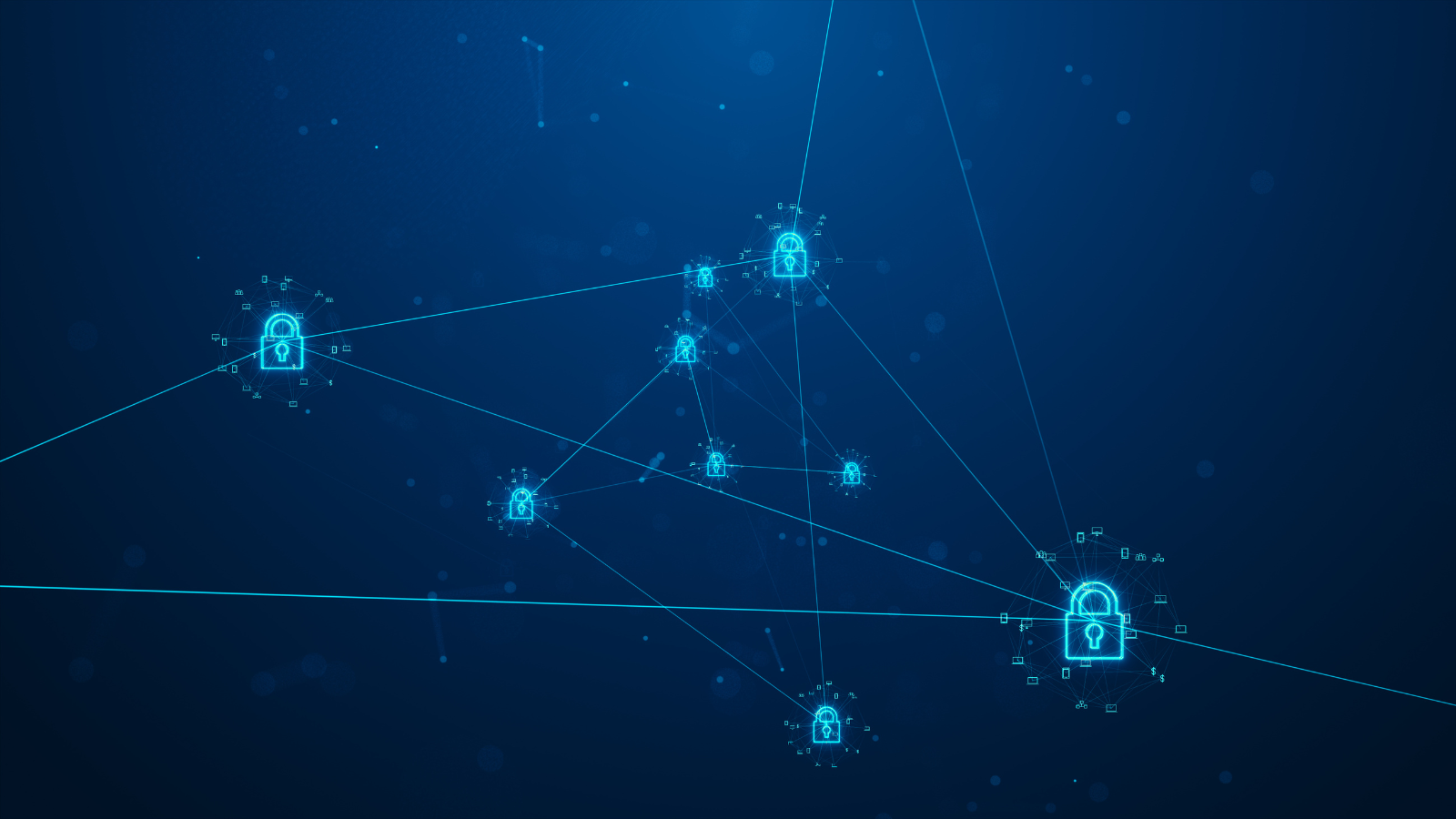From project managers, subject matter experts, product owners, mentors and team leaders, our team managers wear different hats. Their experience of working on payments products for almost and over 10 years within Maxcode has led them to achieve a unique understanding of what is innovation, what makes a product work and achieve success, and what are the secret team ingredients to create the perfect mix of a payment development team.
Today you have the opportunity to read and learn from the experience of our talented team manager Adrian Marinică, discover his perspective as well as get real insights from his years of working first-hand with technical payment solutions within Maxcode.
What is your professional background and how did it, in your opinion, help you better understand payment products today?
The highlight of my professional career is surely the 6-years spent building a fintech product with the goal of reshaping the Dutch payment and loyalty market. It helped me grow from a novice web developer into a mature professional who gets to realize day by day how much there is still to be learned.
Specifically, while working on this platform, my team and I went through a plethora of challenges, from operational issues, such as team chemistry, velocity, and the likes, to more business-oriented aspects, such as transaction processing performance, market penetration, ease-of-use and so on. While some of these issues were specific to our product, most of them come up for other Fintech startups as well. We see it in other Maxcode projects and it is really satisfying to say “hey, I went through this, I know what works and what doesn’t”.
Additionally, by working with a startup, I had the opportunity to go through the classic feedback loop of build-measure-learn and, by doing this, you get to understand just how much your view can differ from that of the average user. The emphasis you put on a specific part of the payment workflow usually ends up making little impact on the end-user experience.
How do you feel that the payments market has changed in the past 5 years? What are the main challenges that come with those changes?
Traditionally, online payments used to be handled by the big players, with only a handful of options available to use or integrate with. Centralized providers (mostly banks) handling every aspect of the interaction, from flows to actual user experience. Nowadays, with the advent of open banking (specifically through PSD2), we’re living the golden age of reinventing payments. So many startups, so many bright minds putting their ideas out there, measuring their impact and ultimately making consumers’ lives easier, through fantastic apps and APIs.
Additionally, as a software developer, you no longer end up dealing with monolithic systems that are hard to integrate. The competition in the area is fierce and providing a simple, yet powerful API is a big selling point. At the same time, service vendors are offering decentralized solutions, targeted for/at specific use-cases, which usually keeps costs low and allows for distributed work. For example, you can use service A to collect transaction data, service B to validate said data and when it comes to processing the actual monetary exchange, decide between services C and D, depending on the currency, with all these functionalities being built by independent companies.
What has been the biggest innovation that you witnessed in payments since you have been working within Maxcode, either business or technical?
While commonly misrepresented as useful mostly for transactions, I think the concept of Blockchain has pushed a different mindset into the whole payments industry. Its distributed nature went beyond just securely storing data, by influencing decision-makers into a decentralized approach for entire systems, not just data persistence. In turn, this decoupled landscape ended up pushing ideas such as self-sovereign identity, empowering individuals to reclaim ownership and control over their data. While its influence in the payments sector is undeniable, Blockchain has forever changed the way we perceive the digital world and I truly believe it to be not only the innovation of today, but also that of tomorrow.

What is the secret of a well-oiled fintech development team, in your opinion? What are some of the skills that are needed in fintech software development?
Whenever the opportunity to expand my team comes up, I look for a combination of three specific traits: a passion for security, a knack for operational performance, both coupled with a great deal of versatility. It rarely happens that a person checks all three boxes from the start, but potential is critical. If, given time, they can grow to a point where they will also be searching for these qualities in their peers, then I’m sure I will have found the right person.
Firstly, security is critical in any highly regulated industry, but I believe it to be the key to the payments industry. A small mishap can lead to entire business chains collapsing, while on the other hand, a strong system can build up confidence, increase awareness and become a successful product. This is not an area where you can really afford to cut corners, since it’s important that engineers have an innate bias towards securing their work, even if it usually comes at the expense of an increased amount of effort on their part.
Secondly, performance can make or break a system. When we’re talking about digital payments, for instance, if it’s quicker to whip out a plastic credit card (or God forbid, actual cash) than to use a product, then you’re already doing it wrong. And here as well it’s up to the engineering team to strike the balance between speed of delivery, over-engineering, code quality and architecture changes.
In the end, it’s quite insignificant if you’re focusing on security and performance, but you’re not approaching your work with an open perspective, with the versatility needed in such a rapidly evolving field like payments. We say that whenever a day passes, a new payment protocol is being designed. As a professional in the industry, you need to stay on top of recent developments, quickly understand their breakthroughs, foresee their issues and, ultimately, be able to make decisions.
How do you think that the future of fintech in Europe will look like?
When it comes to the future of our European fintech arena, I would avoid being very specific, as even the smallest of events can have a massive impact. On the other hand, I am quite positive about one thing: the day of a centralized provider for all financial services has passed. Whether we’re talking about third-party neobanks, mobile trading apps or payment initiation services, they are slowly but surely becoming the de facto way of handling finances.
The recent advent of PSD2 quickly accelerated every bank’s public API plans which of course made it so developers have easy access to data which they can directly use or transform and redistribute. All of this operating in a fast and secure environment, coupled with the massive amount of talent in the field, makes it the breeding ground for innovation.

About Adrian Marinică
Adrian has been a Maxcoder for over 8 years, a time in which he has grown from software developer to Team Leader and now Team Manager. Adrian’s goal is to create an effective channel of communication between the team and the client, which results in happy developers, happy clients, and happy code.




